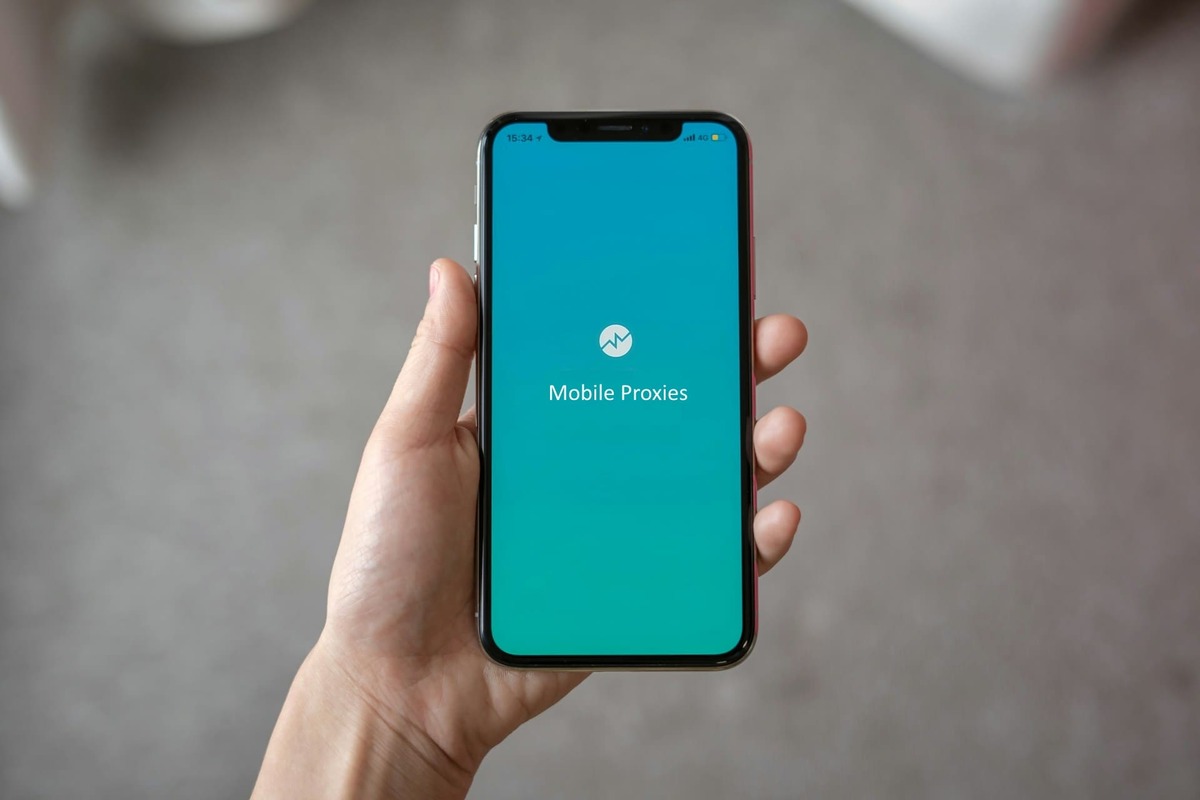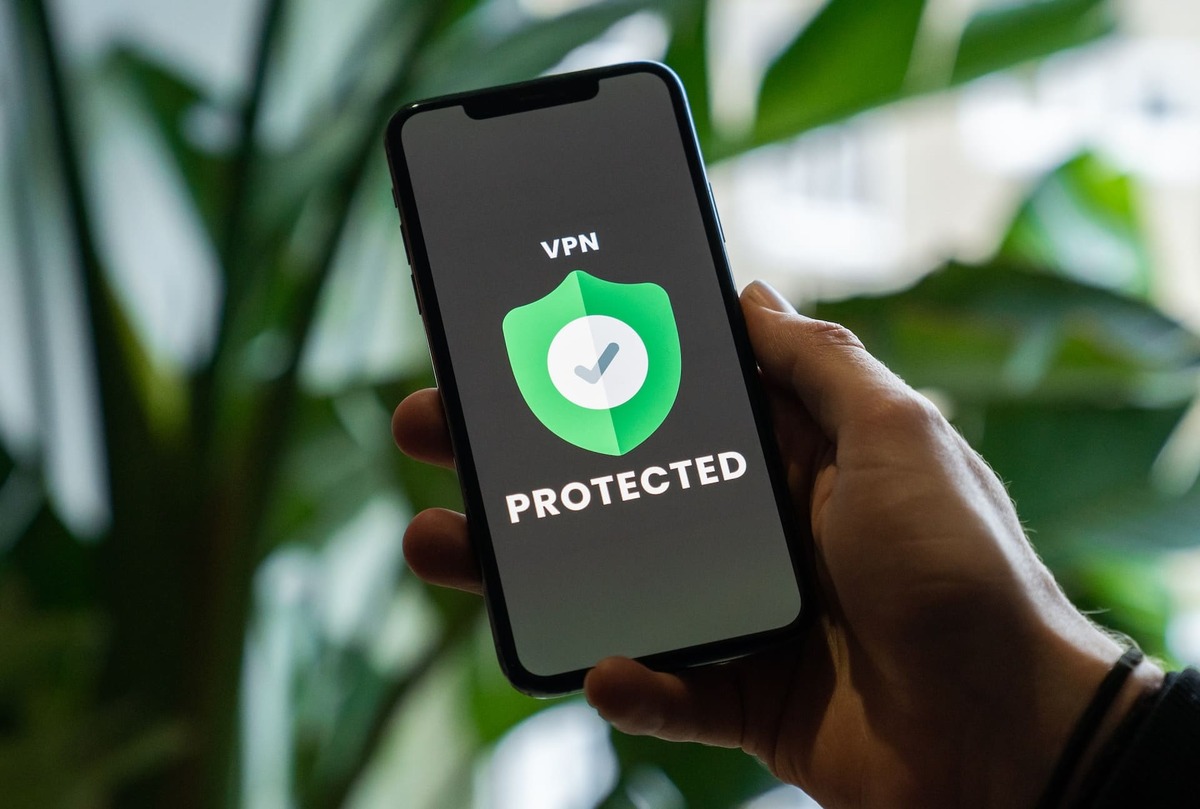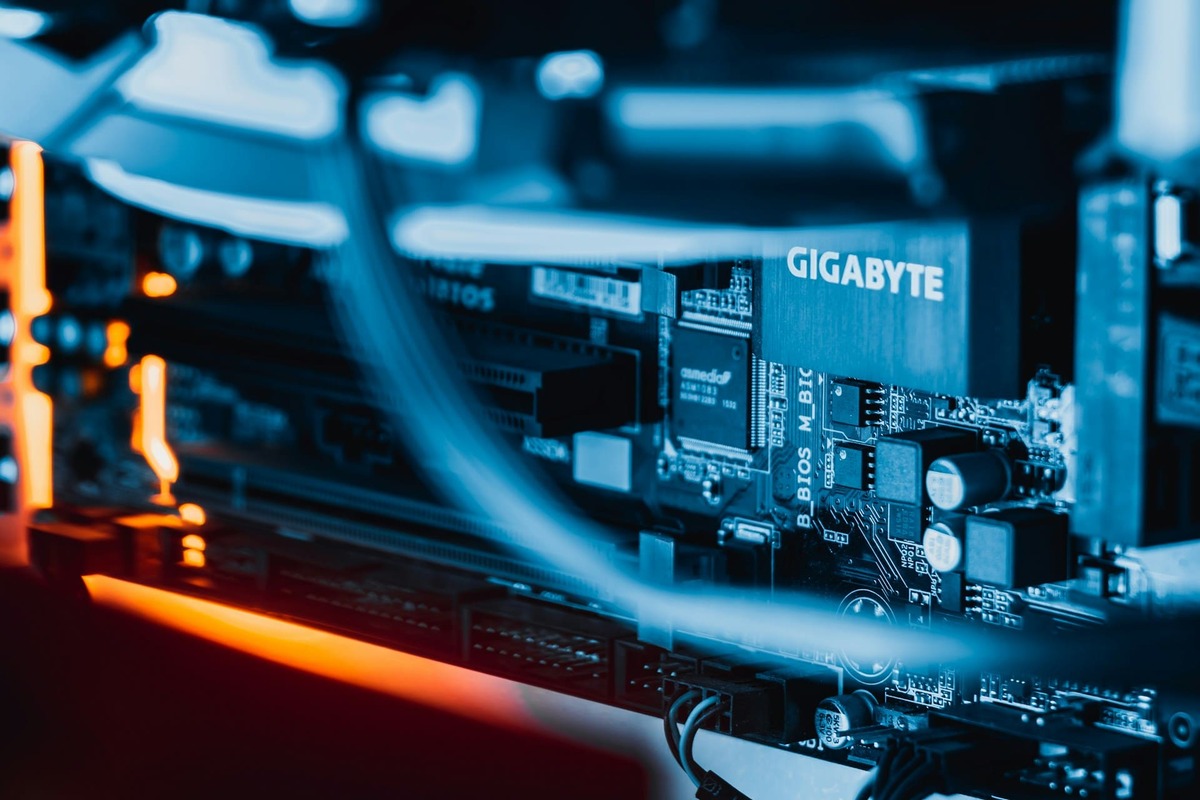
Before using mobile proxies, every person is obliged to understand what this technology is and how to work with it correctly. This is a special intermediary in the Internet network, working on the basis of specific software and appropriate equipment. Realizing in this way of connection, the traffic goes through the appropriate server with a specific IP address. Through the use of mobile proxies the connection is made through a cellular operator after authentication.
How do mobile proxies work?
Asking the question of what mobile proxies are, the number of their realizations is quite large. Different approaches are used by companies and organizations to create them. If you choose the most reliable and high-performance technology, then the procedure of redirecting traffic, which occurs on internal servers from real SIM cards, is highlighted here.
The main advantage of the presented format of work is that here is realized the use of real cellular devices and the network of a particular operator. Authentication in the network is performed validly, after which a special IMEI code is entered into a special register. After this process is done, data transmission begins to take place through a proxy server with the probability of any requests being passed through the operator’s network via cellular Internet.
Therefore, considering how mobile proxies work, there is a process of creating an efficient system for access control with subsequent limitation of bandwidth indicators on separate channels. Later, separate dynamic pools are created for such IP addresses, which gives a chance to use them on various protocols.
Technical aspects of mobile proxies
Good optimization of work processes will be possible only when appropriate settings are made. Therefore, before setting up mobile proxies, it is worthwhile to understand the main types of such servers, their features, methods of authorization and authentication, as well as other points.
Types of proxy servers (HTTP, SOCKS, HTTPS) and their features
Before making your own mobile proxies, at the first stage it is worthwhile to determine the basic types of servers, among which the popular ones are HTTP, SOCKS, HTTPS. Their use is a guarantee of efficiency, security and preservation of anonymity.
To speed up the process of loading various web pages and to cache information, the HTTP or HTTPS protocol is often used. High security indicators are guaranteed due to the fact that there is support for special encrypted SSL traffic. Therefore, all data has a reliable protection from such a process as interception of information. It is recommended to use it for anonymous basic surfing. To work with sensitive information, it is worth favoring the HTTPS protocol.
For redirecting any traffic is responsible for the SOCKS protocol, which allows them to belong to the category of universal options. It is recommended to use them for torrents, P2P connections and entertainment. Among the features it is worth highlighting:
- universality – this protocol supports any type of traffic;
- performance – for solving complex tasks, a sufficiently stable connection is provided.
Therefore, you should choose different types of mobile proxy servers taking into account what tasks they will be used for in the future.
Methods of user authentication and authorization in mobile proxies
Providing access control and security is determined by the process of authentication and authorization in mobile proxies. This acts as an ideal protection against unauthorized access with a parallel provision of quality protection from potential threats to the constituent elements of the network infrastructure. Among the types of authentication distinguish the following:
- basic;
- key.
The peculiarity of basic authentication is that the identification of a person is through the use of a unique password and login. Due to the fact that the transfer of information is realized in an open form, this method is not considered secure enough.
It is possible to obtain an increased level of security through the use of special certificates or digital keys. Interception is hindered due to the fact that their parallel encryption is realized.
Data protection when transmitting data via mobile proxies
Proxy technology guarantees data protection during their transmission on the Internet. The authentication procedure ensures that only authorized users have access to the proxy. This protects against abuse and various attacks from hackers and malware.

Advantages of mobile proxies over server proxies
Mobile proxies are in demand because, unlike server proxies, they have the following indisputable advantages:
- there are no blocking and restrictions on the part of the resource;
- reliability;
- time saving;
- convenience;
- provision of IP-addresses used by ordinary users;
- bypassing the checks set by the target servers;
- quality to price ratio.
How to use mobile proxies?
To connect a proxy for further use, you should follow a certain algorithm of actions.
Log in to the settings of the specific device.
Select the section that is responsible for Wi-Fi network operation.
Find the network to which you are connected.
In the network settings it is necessary to find the “Proxy” section with the possibility of manual configuration.
Specify the port and IP address of a specific proxy in manual mode.
Conclusions
Mobile proxies are an ideal solution for those cases when you need to bypass blockages and restrictions on the Internet. At the same time, you should not choose free variants presented on the modern market, as it is a risk of data loss that does not guarantee quality protection from negative impact.
FAQs
1. What are the main components of a mobile proxy system and how do they interact with each other?
- Mobile proxies are a rather complex set of technical and software, which will depend on the use on a particular device.
2. What are the principles of traffic routing through mobile proxies?
- The main principle of traffic routing through mobile proxy servers is that there is a connection to the mobile network through a specific cellular device.
3. How does mobile proxy technology provide anonymity to users?
- By using a principle such as routing data through a mobile proxy server, the digital footprint of the network is constantly changing, which ensures privacy and anonymity.
4. How do mobile proxies protect data when transmitted over the network?
- Data protection during network transmission is achieved by filtering Internet traffic and hiding the real IP address of a particular user.






